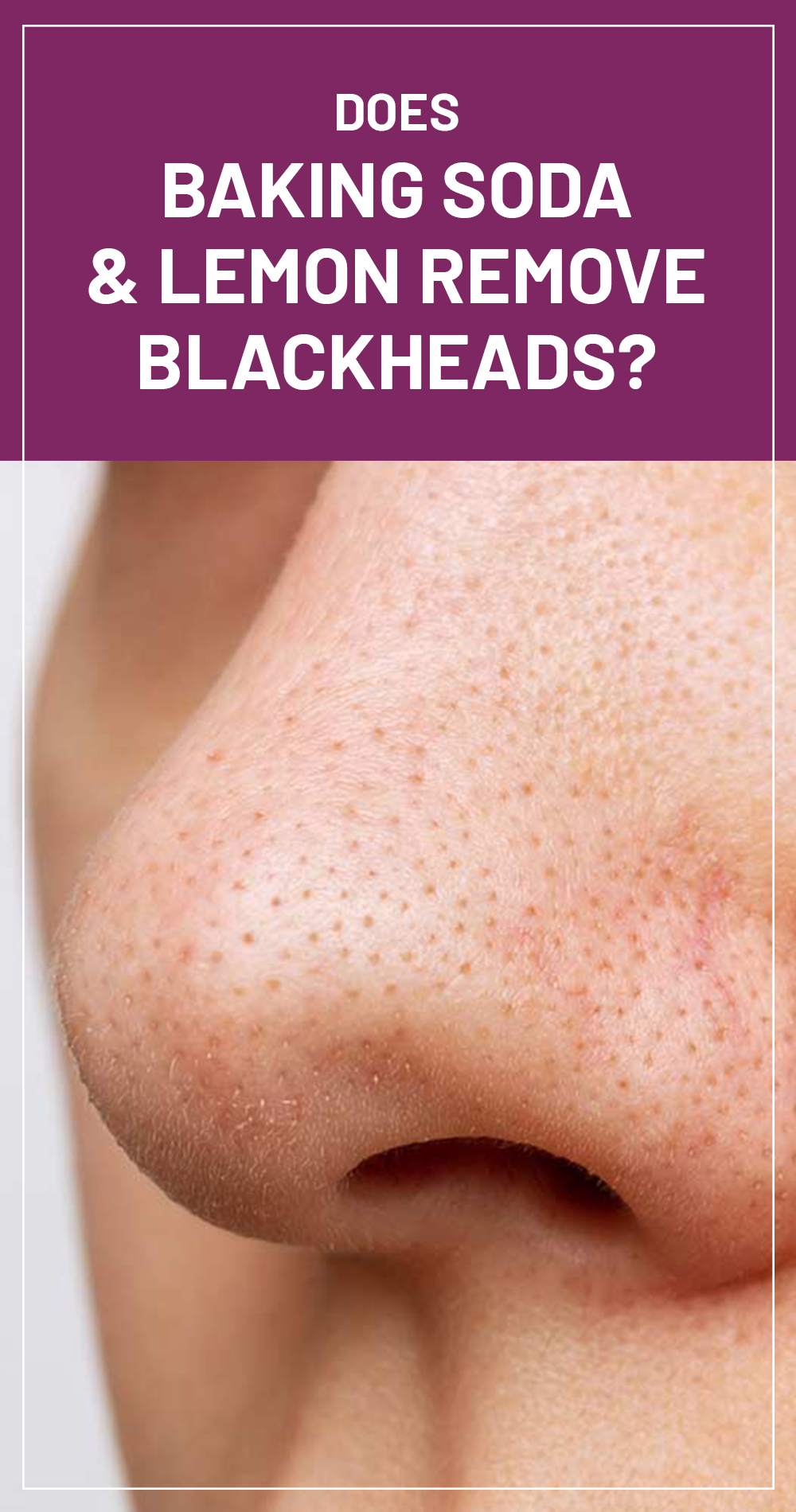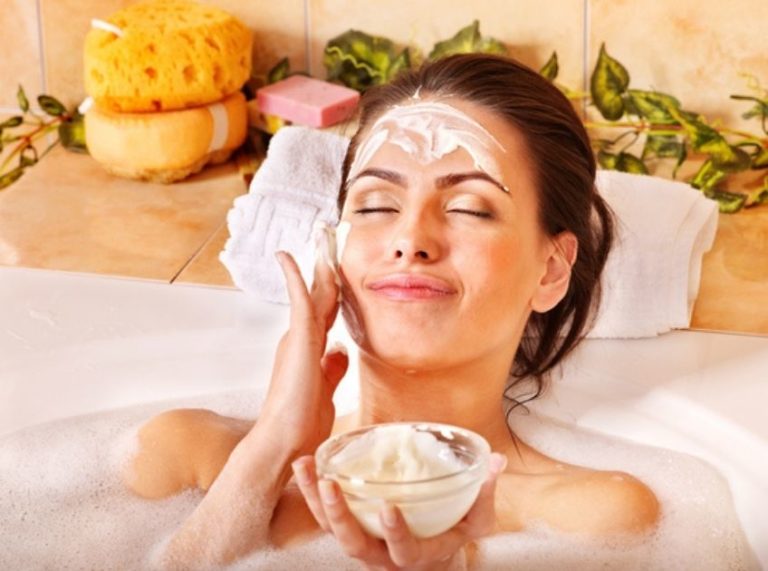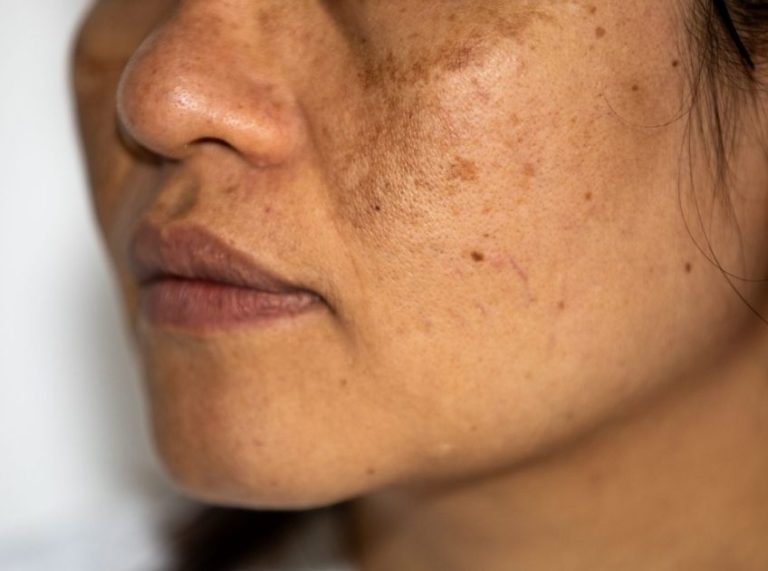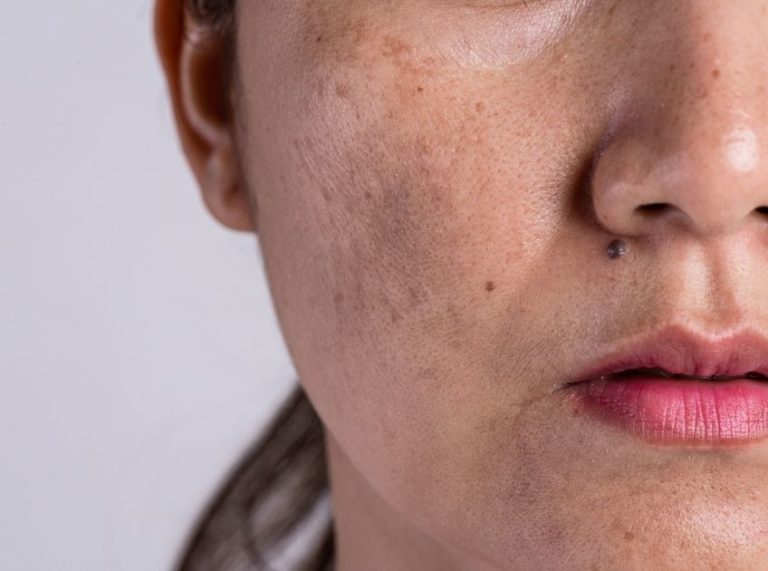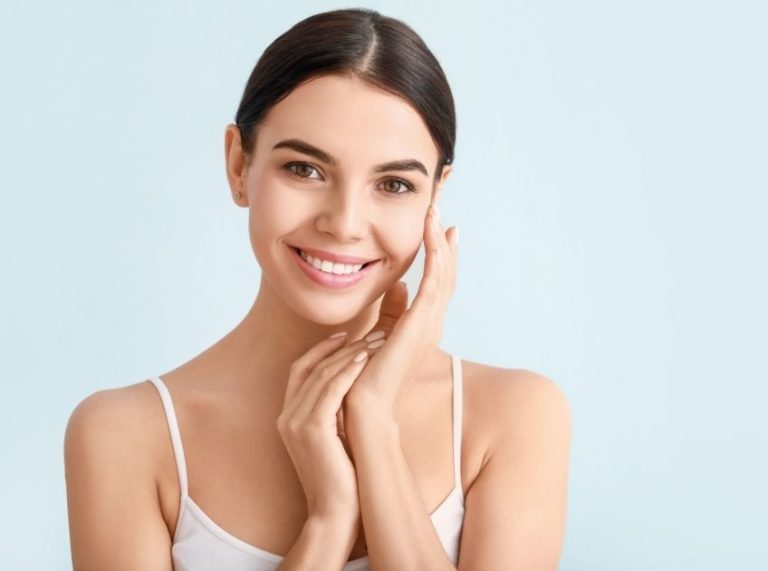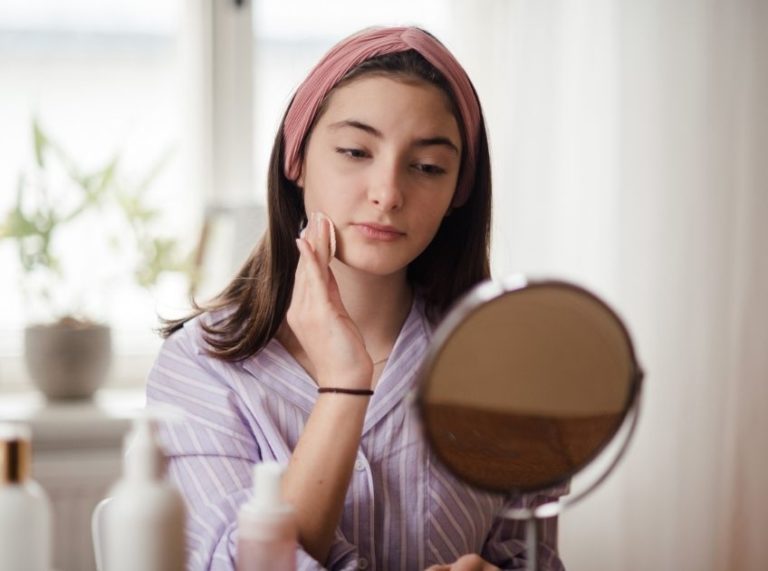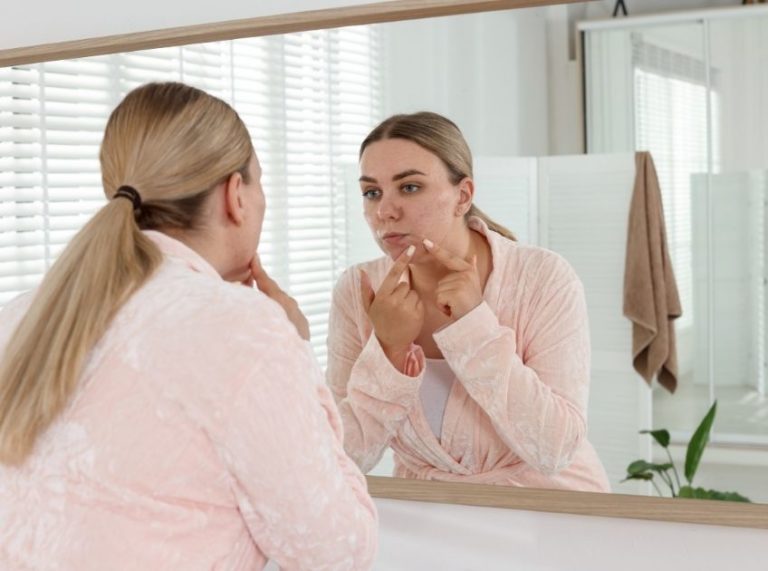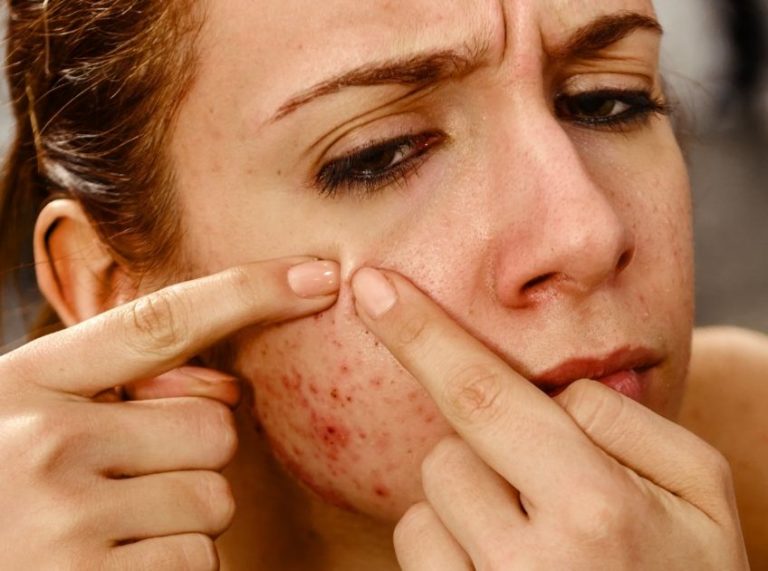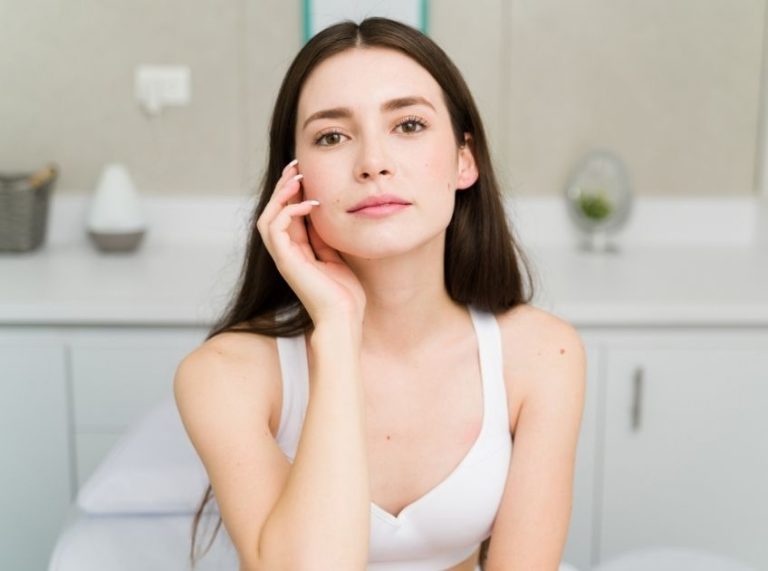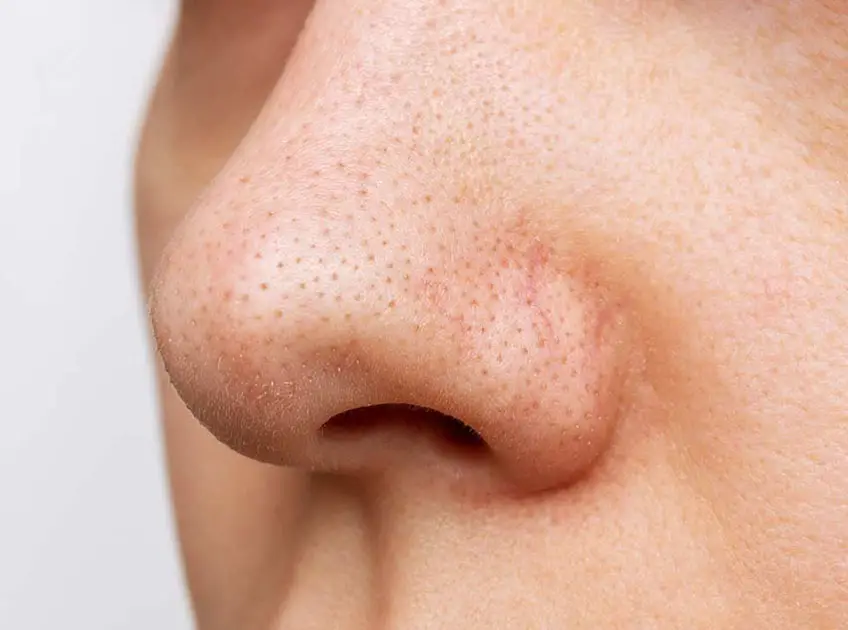
Important: This article is for informational purposes only. Please read our full disclaimer for more details.
Blackheads are bumps appearing on the skin when the hair follicles get clogged. These pores get oxidized and become black and are a mild form of acne. They may appear in the back, chest and nose. Sometimes hormonal changes, side effects of medication, and the irritation in the hair follicles due to the dead skin cells can also result in blackheads. Let us see a home remedy for removing the blackheads.
Does Baking Soda and Lemon Remove Blackheads?
1. Baking Soda and Lemon for Blackheads
Baking Soda unclogs the pores of the dead skins leaving the skin soft and smooth. It prevents blackheads by neutralizing the skin’s pH level which in turn results in producing less oil.
On the other hand Lemon penetrates deep into the human skin to get rid of dead skin cells, excess oil and dirt in the pores. By virtue of lemon containing minerals and essential vitamins, this makes it suitable for all skin types.
You’ll need:
- 1 teaspoon of baking soda
- half a teaspoon of lemon juice
Process of using: Create a paste with a teaspoon of baking soda to combine with half a teaspoon of lemon juice. Apply this mixture to the blackheads. Wash it off with lukewarm water when it dries up. Use it once a week.
Benefits: Baking soda helps in removing the dead skin cells and lemon helps in opening the clogged pores and also tightens them, reducing their chances of reappearance.
Dangers/Precautions:
- Avoid direct sun contact while following this method. If you have to, apply sunscreen lotion.
- Do some skin patch to know if lemon or baking soda cause any allergic reaction or side effects.
- Avoid scrubbing or squeezing at blackheads as this irritates the skin and makes them worse.
- Avoid excessive drying of skin. Drying your skin too much results in stimulation of the glands to produce extra oil.
2. Baking Soda, Lemon and Honey
Honey has natural anti-bacterial, anti-oxidant and antiseptic properties that are necessary for blackheads removal. Honey also tightens the skin and hydrates it, which prevents future blackheads.
Process of using: Take 1tbsp each of honey, lemon juice and baking soda, and mix them all in a glass bowl. Apply it on the neck and face and leave for 15 minutes maximum before washing with lukewarm water. Do it once a week.
Benefits: Honey has anti-bacterial properties that eliminate the bacteria in the pores. Honey keeps the skin moisturized and has a soothing effect. It is best for dry and sensitive skin. Lemon treats ageing signs, brightens skin and protects it from the harmful UV rays of the sun.
Who Shouldn’t Use Baking Soda on Blackheads?
Baking soda can make the skin dry and some might experience dermatitis which is eczema caused by a reaction to certain substances, resulting in redness, rashes, and itchiness. So, if you have any such skin conditions, refrain from using this.
Besides trying the natural remedies for the removal of blackheads, you need to keep your face clean by washing it at least with water regularly and inculcating clean eating habits for making your skin appear healthy.
You Might Also Like:
- Baking Soda for Acne: How to Use?
- How To Use Apple Cider Vinegar For Acne Treatment?
- How Do You Get Rid of Acne with Lemon Juice?
- 7 Effective Ways to Get Rid of Acne with Honey
- How to Use Vaseline for Acne?
- How to Remove Blackheads with Apple Cider Vinegar?
- How to Use Baking Soda for Blackheads?
- How to Get Rid of Blackheads Fast with Coconut Oil
- Best Homemade Egg White Masks for Blackheads
- How to Remove Blackheads with Gelatin
- How to Use Honey for Blackheads Removal?
- 4 Easy Ways to Get Rid of Blackheads Quickly with Lemon
- How to Get Rid of Blackheads with Oatmeal?
- 10 Best Face Mask For Blackheads
- Deep Rooted Blackheads: Causes, Treatment and Prevention
- How to Remove Blackheads for Oily Skin?
- Blackheads on Chin – Causes, Facts and Home Remedies
- Why Do I Have Blackheads on My Lips? How to Get Rid of It
- How to Use Hydrogen Peroxide to Remove Blackheads?
- How to Get Rid of Blackheads on Nose Naturally at Home?
- 7 Best Face Washes For Blackheads
